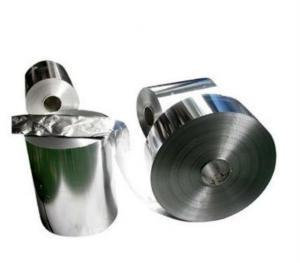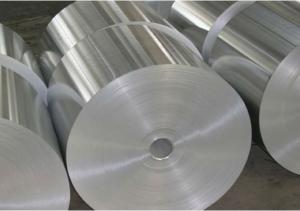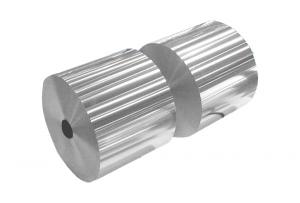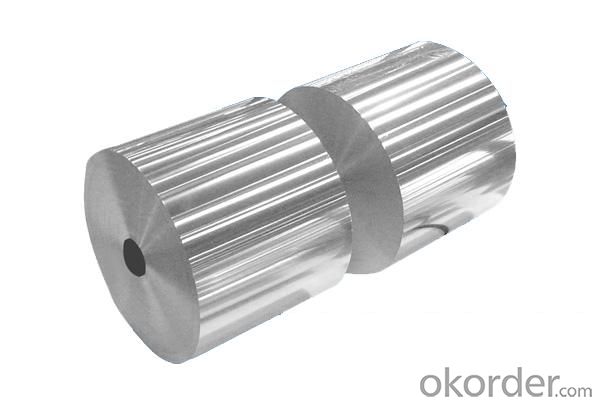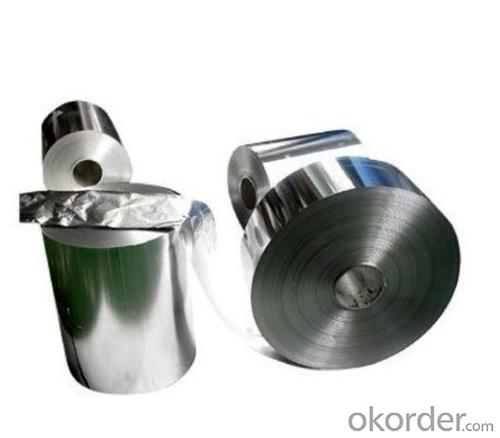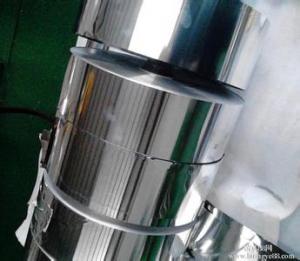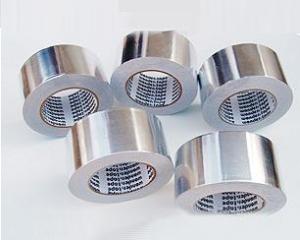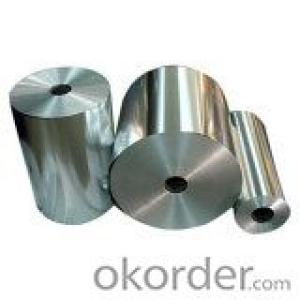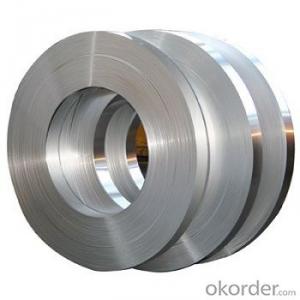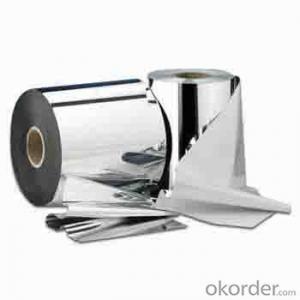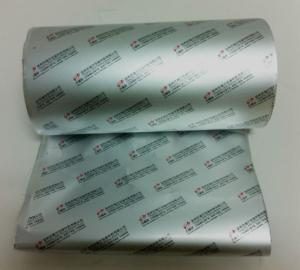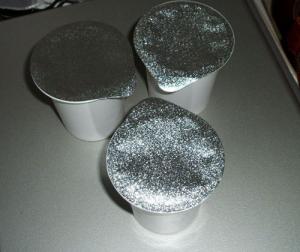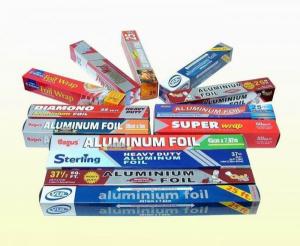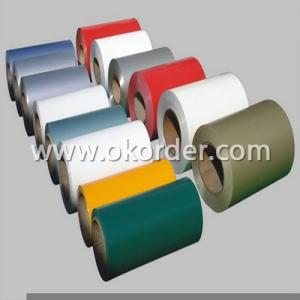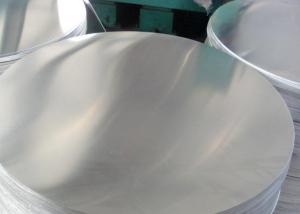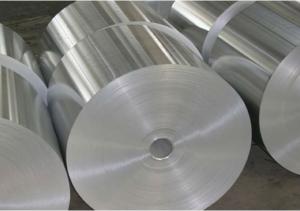Aluminum Light Gauge Foil
- Loading Port:
- China Main Port
- Payment Terms:
- TT or LC
- Min Order Qty:
- 0 m.t.
- Supply Capability:
- 1000 MT / Month m.t./month
OKorder Service Pledge
OKorder Financial Service
You Might Also Like
Quick details of Light Gauge Foil
Alloy: 1235/8011/8079
Temper: O
Specifications of Light Gauge Foil
Thickness & Tolerance: 0.006 mm - 0.009 mm (+/-6%)
Width & Tolerance: 200 - 1650 mm (+/-1 mm)
Mechancial Properties: Tensile Strength (U.T.S.)≥40 Mpa, Elongation)≥1%
Standard: GB/T3198 / ASTM-B209 / EN546
Usage/Application of Light Gauge Foil
Cigarette Package, Aseptic Package, Pounches, Sachets etc
Packaging & Delivery of Light Gauge Foil
Packing: seaworthy wooden box with pallet
Delivery: to be loaded by 1 x 20 feet container
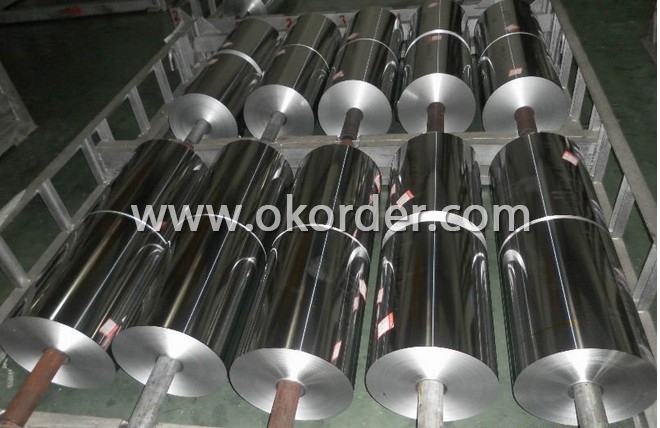
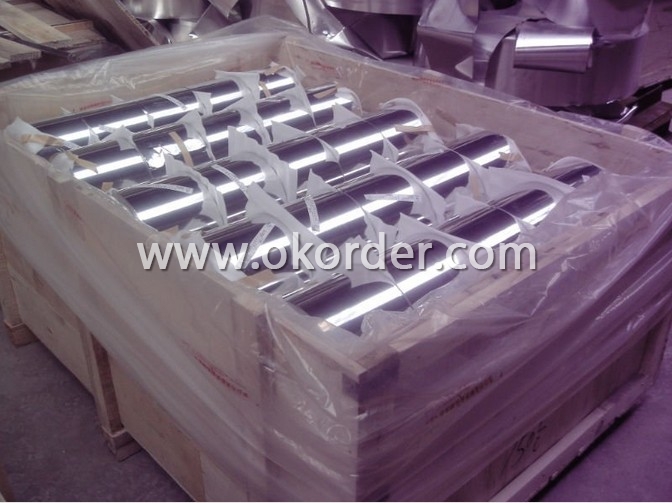
- Q: Explain how the addition of zinc impacts the corrosion resistance of aluminum alloys.
- <p>The addition of zinc to aluminum alloys significantly enhances their corrosion resistance. Zinc forms a protective layer on the surface of aluminum, which prevents the metal from reacting with corrosive elements such as oxygen and moisture. This protective layer, known as a passive layer, is self-healing and can regenerate if damaged, maintaining its effectiveness over time. Additionally, zinc's presence in aluminum alloys can improve the alloy's overall mechanical properties, making it more resistant to stress corrosion cracking. This is particularly useful in marine environments or other corrosive conditions where aluminum alloys are commonly used.</p>
- Q: This question asks for methods to prevent aluminum from seeping into food when cooking with aluminum cookware.
- <p>To prevent aluminum from leaching into food when using aluminum cookware, follow these guidelines: Avoid using aluminum cookware for acidic foods or beverages, as acids can cause aluminum to leach. Do not cook with high heat, as this can increase the risk of leaching. Use a protective coating, such as a non-stick coating or a thin layer of oil, to create a barrier between the food and the aluminum. Regularly replace or repair any damaged cookware to prevent exposure to bare aluminum. Finally, consider using alternative cookware materials, such as stainless steel or cast iron, for long-term cooking and storage.</p>
- Q: How can we decrease our reliance on aluminum in everyday life?
- <p>Yes, there are several ways to reduce the use of aluminum in daily life. Opt for glass, ceramic, or stainless steel containers instead of aluminum ones. Choose wooden or bamboo utensils over aluminum ones. When possible, select products with minimal aluminum packaging. Avoid non-stick cookware, as it often contains aluminum. Use a cast iron or glass baking sheet instead of aluminum foil in the oven. Educate yourself on the presence of aluminum in everyday products and make conscious choices to reduce exposure.</p>
- Q: Is it possible to use aluminum as a fuel source?
- <p>Aluminum can be used as a fuel in certain applications, particularly in the form of aluminum powder. It has a high energy density and burns at high temperatures, making it suitable for solid rocket propellants and thermite reactions. However, it is not commonly used as a traditional fuel like gasoline or coal due to its reactivity and the challenges in handling and storage. Aluminum combustion also produces aluminum oxide, which can be harmful to the environment if not managed properly.</p>
- Q: Is it possible to utilize aluminum in medical applications?
- <p>Yes, aluminum is used in medicine, though not directly ingested or injected. It is utilized in the form of aluminum salts in vaccines as an adjuvant to enhance the body's immune response. Aluminum is also used in medical equipment, such as in the manufacturing of certain types of surgical tools and implants due to its lightweight and corrosion-resistant properties. However, its use is carefully regulated due to concerns about biocompatibility and potential toxicity.</p>
- Q: Is aluminum a suitable material for use in space exploration?
- <p>Yes, aluminum is indeed used in space exploration. It is valued for its lightweight properties, which are crucial for reducing the mass of spacecraft and payloads. Additionally, aluminum has good thermal conductivity and can withstand extreme temperature variations, making it suitable for various components in spacecraft. It is also resistant to corrosion and has high reflectivity, which can be beneficial for heat management and communication systems. However, its low strength-to-weight ratio compared to some other materials like titanium or advanced composites means it is often used in combination with other materials or for specific applications where its properties are advantageous.</p>
- Q: Is it possible to use aluminum as a material for battery production?
- <p>Yes, aluminum can be used to make batteries. Aluminum-air batteries are a type of metal-air battery where aluminum serves as the anode and undergoes oxidation. These batteries have a high energy density and are environmentally friendly, as they produce minimal waste. However, they face challenges such as water sensitivity and the need for alkaline electrolytes, which limit their practical applications. Research is ongoing to improve their performance and make them more viable for widespread use.</p>
- Q: Is it safe to use pure aluminum for baking or roasting food in a traditional oven or grill?
- <p>While pure aluminum is a common material in cookware, it's not recommended for direct use in baking or roasting food in a traditional oven or grill. Aluminum can react with acidic foods, potentially leaching aluminum into the food. Additionally, aluminum foil can burn and create a hazardous situation. For baking or roasting, it's safer to use materials specifically designed for these purposes, such as parchment paper, silicone baking mats, or oven-safe dishes.</p>
- Q: This question asks about the potential health advantages of using food packaging materials that do not contain aluminum.
- <p>Yes, using aluminum-free food packaging materials can have several health benefits. Aluminum has been linked to potential health risks such as Alzheimer's disease, although the evidence is not conclusive. By eliminating aluminum, there is a reduced risk of exposure to this potentially harmful element. Additionally, aluminum-free packaging can be beneficial for individuals with allergies to aluminum. It also supports environmental sustainability as some aluminum-free alternatives are biodegradable, reducing the environmental impact of packaging waste. Overall, choosing aluminum-free packaging can contribute to a safer and healthier lifestyle.</p>
- Q: This question asks about the steps involved in preparing aluminum foil for use in food packaging.
- <p>Aluminum foil for food packaging is processed through several steps. First, aluminum ingots are melted and then rolled into thin sheets. The sheets are cleaned to remove any impurities and coated with a thin layer of food-grade protective coating to prevent any chemical reactions with the food. Next, the sheets are cut into rolls or sheets of standard sizes. The aluminum foil is then inspected for quality, ensuring it is free from defects and safe for food contact. Finally, it is packaged and shipped to manufacturers who use it to wrap or package food products.</p>
1. Manufacturer Overview
| Location | Shandong, China |
| Year Established | 2007 |
| Annual Output Value | Above US$ 250 Million |
| Main Markets | Mid East; North America |
| Company Certifications | ISO 14001:2004;FDA |
2. Manufacturer Certificates
| a) Certification Name | |
| Range | |
| Reference | |
| Validity Period |
3. Manufacturer Capability
| a) Trade Capacity | |
| Nearest Port | Qingdao |
| Export Percentage | 41% - 50% |
| No.of Employees in Trade Department | 20-30 People |
| Language Spoken: | English; Chinese |
| b) Factory Information | |
| Factory Size: | Above 100,000 square meters |
| No. of Production Lines | 1 |
| Contract Manufacturing | Design Service Offered |
| Product Price Range | Average |
Send your message to us
Aluminum Light Gauge Foil
- Loading Port:
- China Main Port
- Payment Terms:
- TT or LC
- Min Order Qty:
- 0 m.t.
- Supply Capability:
- 1000 MT / Month m.t./month
OKorder Service Pledge
OKorder Financial Service
Similar products
Hot products
Hot Searches
Related keywords
